Research on depression and probiotics has been growing in recent years, suggesting that certain probiotic strains may help improve depression symptoms.
A 2019 study found that supplementing with a specific strain of the bacteria Lactobacillus Helveticus could reduce depression scores in subjects with major depressive disorder. Another study from 2018 showed that taking a combination of three different probiotic strains could reduce anxiety levels among participants who had been diagnosed with depression.
These findings suggest that probiotics may have an effect on mental health, though more research is needed to fully understand how they work. While there are still many unanswered questions about the role of probiotics in depression, these studies provide evidence that they may be beneficial for people suffering from depression. In addition, probiotics are generally safe and have few side effects, so they may be worth trying for those looking to improve depression symptoms.
This is the first systematic review and meta-analysis with the goal of determining the effect of probiotics on depression. We found that probiotics were associated with a significant reduction in depression, underscoring the need for additional research on this potential preventive strategy for depression.
-Huang R, Wang K, Hu J. Effect of Probiotics on Depression: A Systematic Review and Meta-Analysis of Randomized Controlled Trials. Nutrients. 2016 Aug 6;8(8):483. doi: 10.3390/nu8080483
If you’re considering taking probiotics for depression, it’s important to consult with your doctor first to make sure that the supplements won’t interact with any medications you’re taking or cause other health issues. Additionally, depression is a complex condition that requires medical attention and treatment from a qualified mental health professional in order to get lasting relief. Probiotics should not replace traditional treatments recommended by your doctor.
Ultimately, probiotics may present an additional tool for managing depression symptoms.
